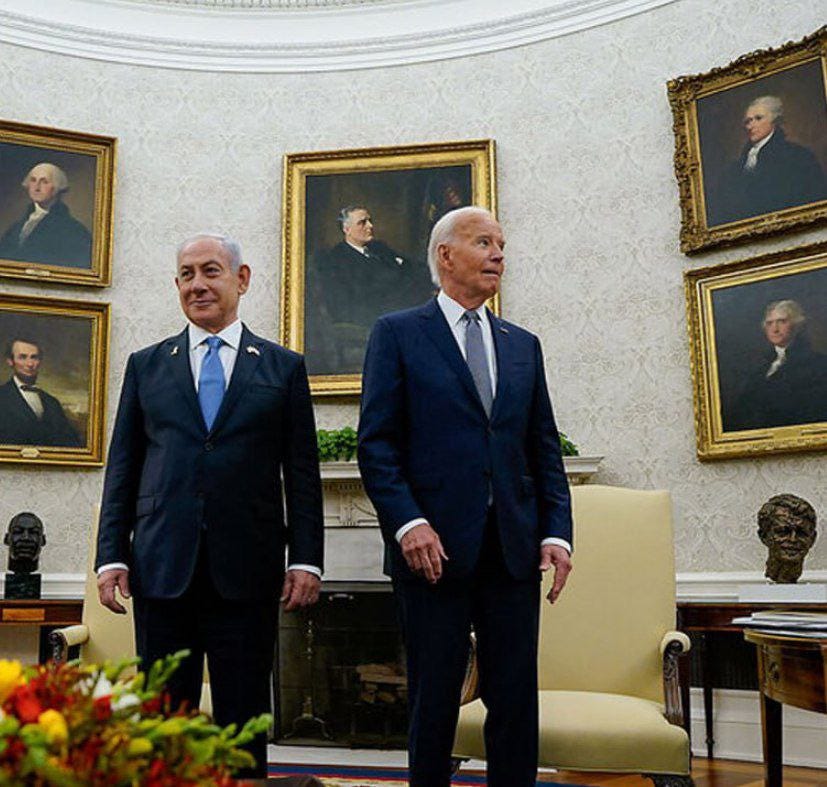Reflecting on Recent Developments: Israel, Iran, and Diplomacy
Dear readers,
In the past few weeks, I’ve had the opportunity to delve into key issues that are shaping the Middle East for several outlets, and I’m excited to share some of my latest articles with you.
First, in The Guardian, I argued that despite Israel’s recent tactical successes, including the assassination of Hassan Nasrallah, the pager/walkie-talkie explosions, and the killing of Hezbollah's elite Radwan commanders, Israel is strategically losing the war. Why? Because it’s a conventional power fighting unconventional guerrilla forces—groups driven by nationalist and religious motivations, deeply embedded within their populations. History shows that such movements cannot be defeated through military means. If Israel seeks long-term security, it must address the core issue: the Palestinian conflict. Without offering Palestinians a political horizon for statehood, military solutions will continue to fall short.
Next, I wrote for The Stimson Center about a significant development within Iran’s opposition politics. I focused on a recent letter from Faezeh Hashemi, an outspoken dissident and the daughter of former President Hashemi Rafsanjani, sent from inside Evin Prison. Her letter sparked intense debates in Iran as it criticized undemocratic factions within the opposition that, in her view, seek to perpetuate repressive systems. The range of reactions to her letter reveals much about the complex dynamics of opposition politics in Iran today.
Finally, just after the UNGA in September, I published a piece in Foreign Policy highlighting the diplomatic push by Iran's new reformist president, Masoud Pezeshkian. His outreach was notable, with a clear desire for broader talks beyond just the nuclear issue. While the assassination of Nasrallah and Iran’s subsequent missile strike on Israel have made diplomacy seem more distant now, I argued that after the US election, Pezeshkian’s diplomatic overtures will deserve serious attention. Testing his willingness for broader engagement could prove to be a crucial step toward de-escalation.
I invite you to read these articles and share your thoughts on how these events might shape the region moving forward. Thank you for your continued support!
Warmly,
Sina



